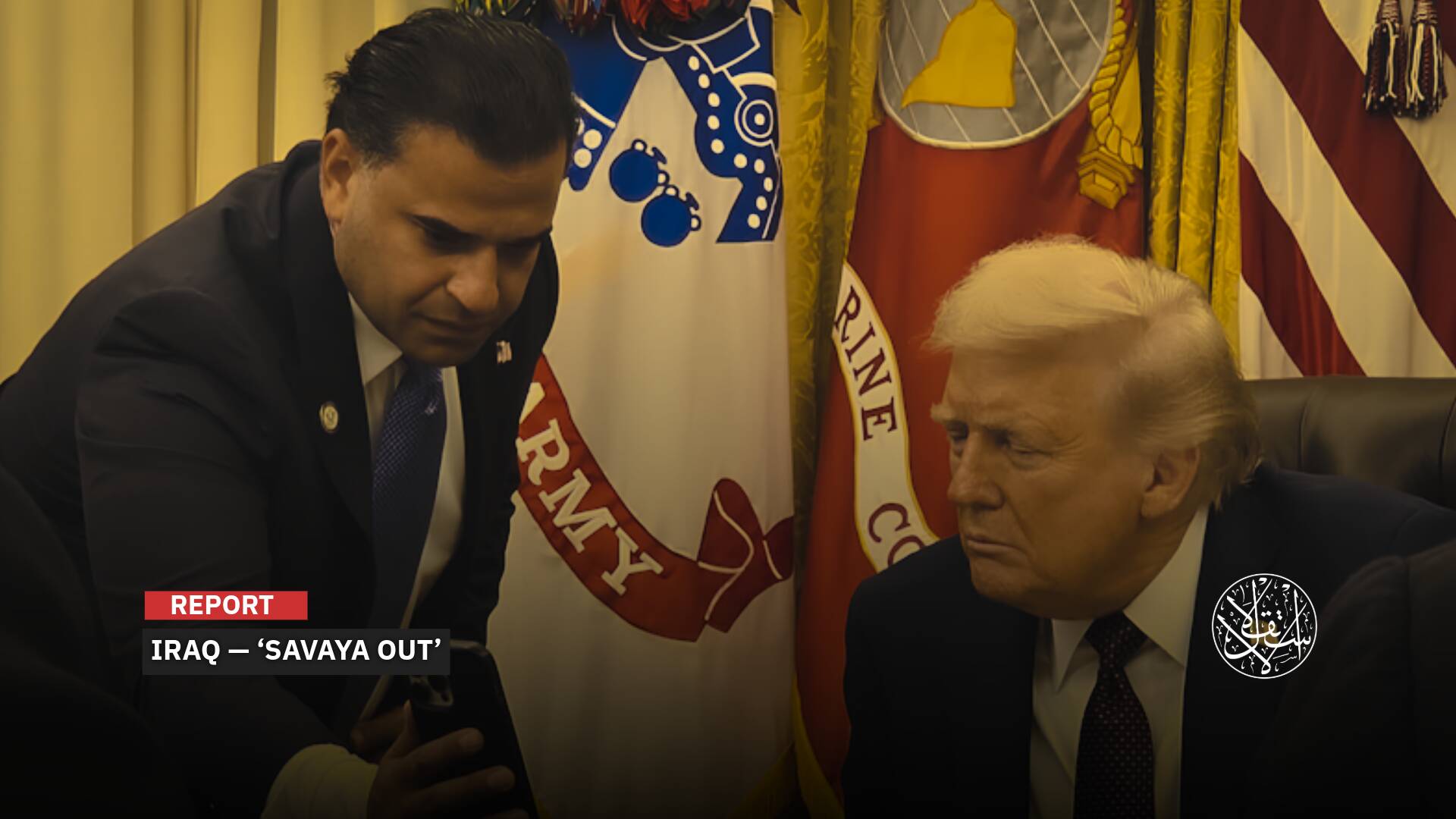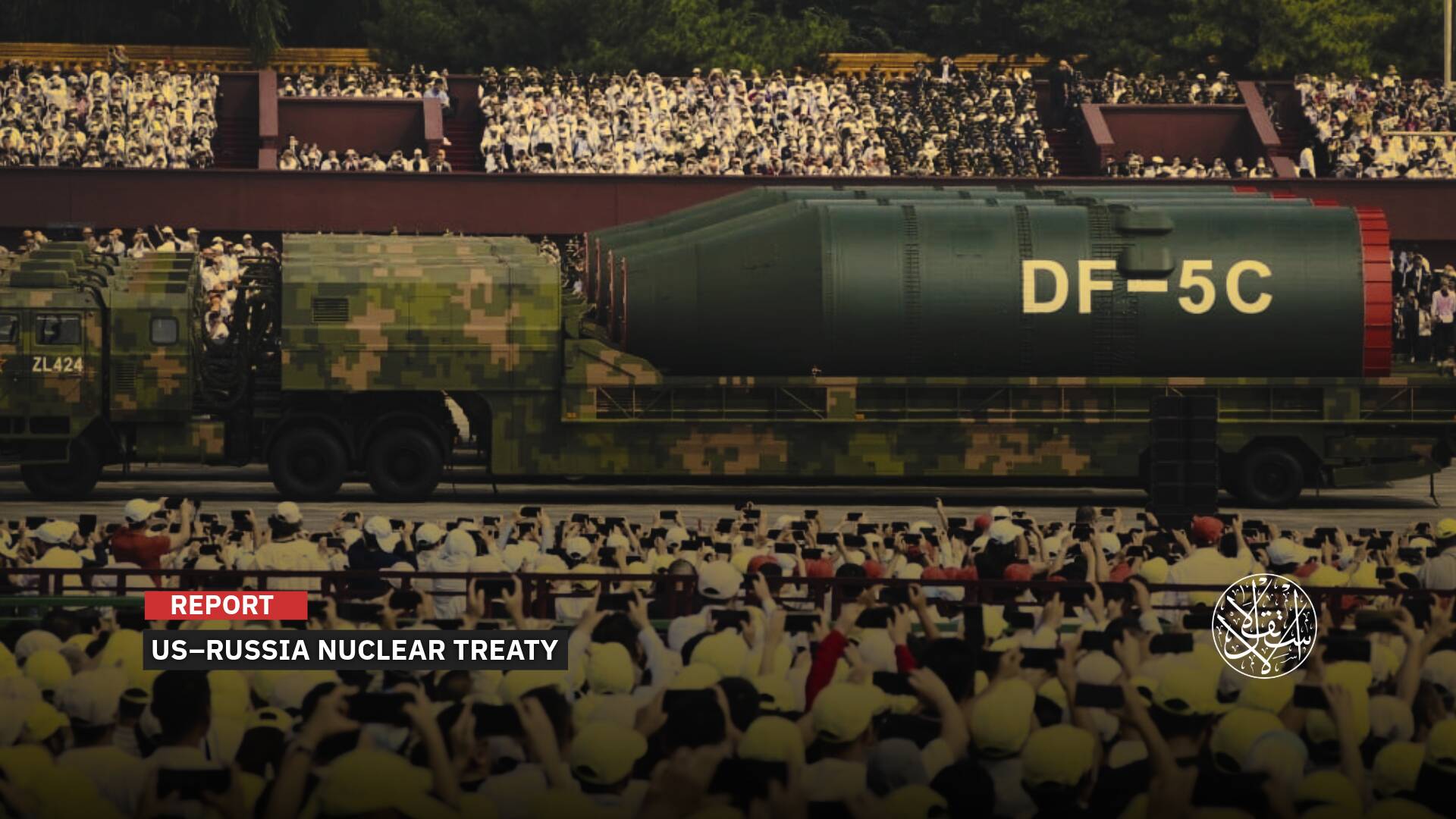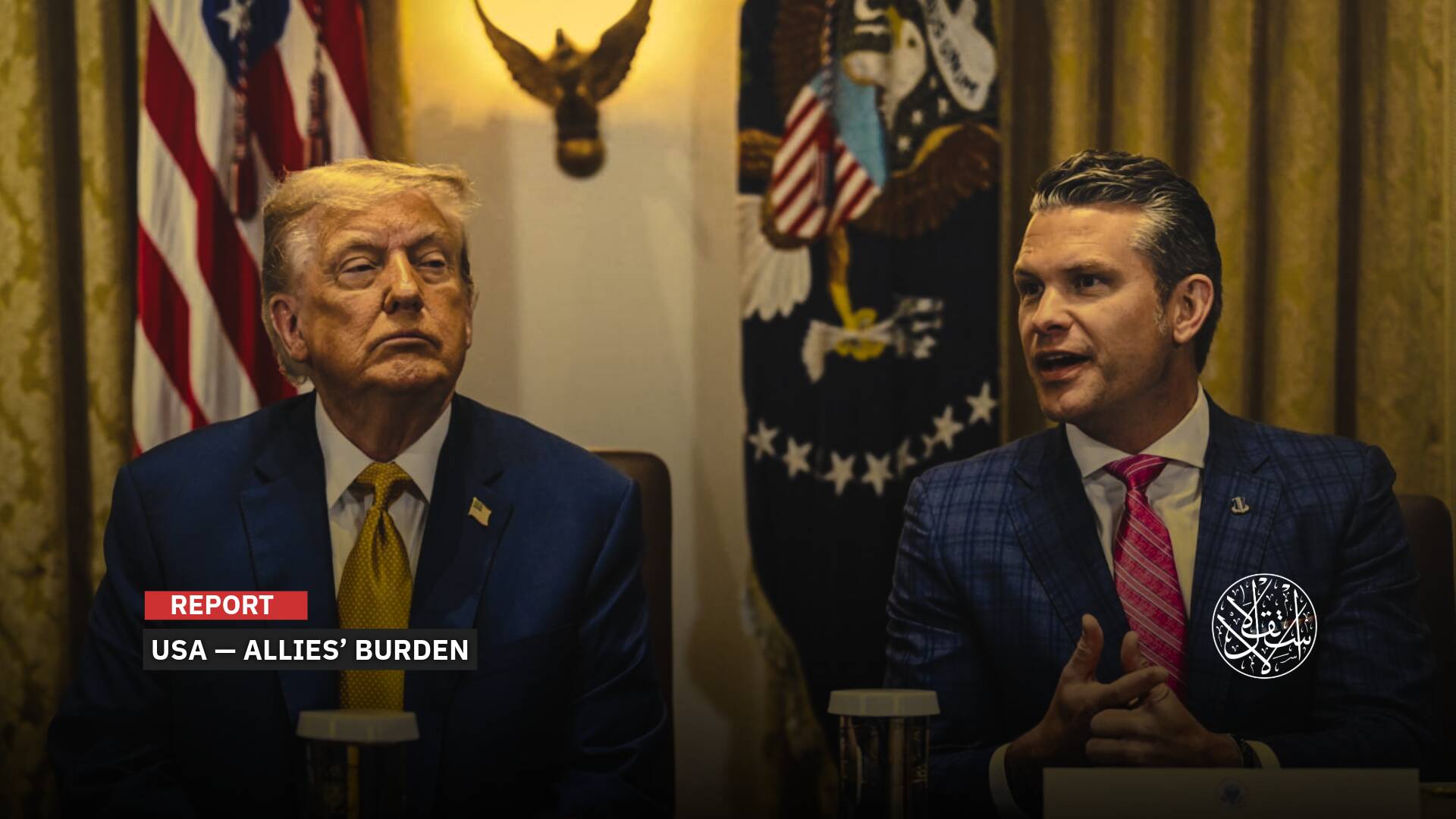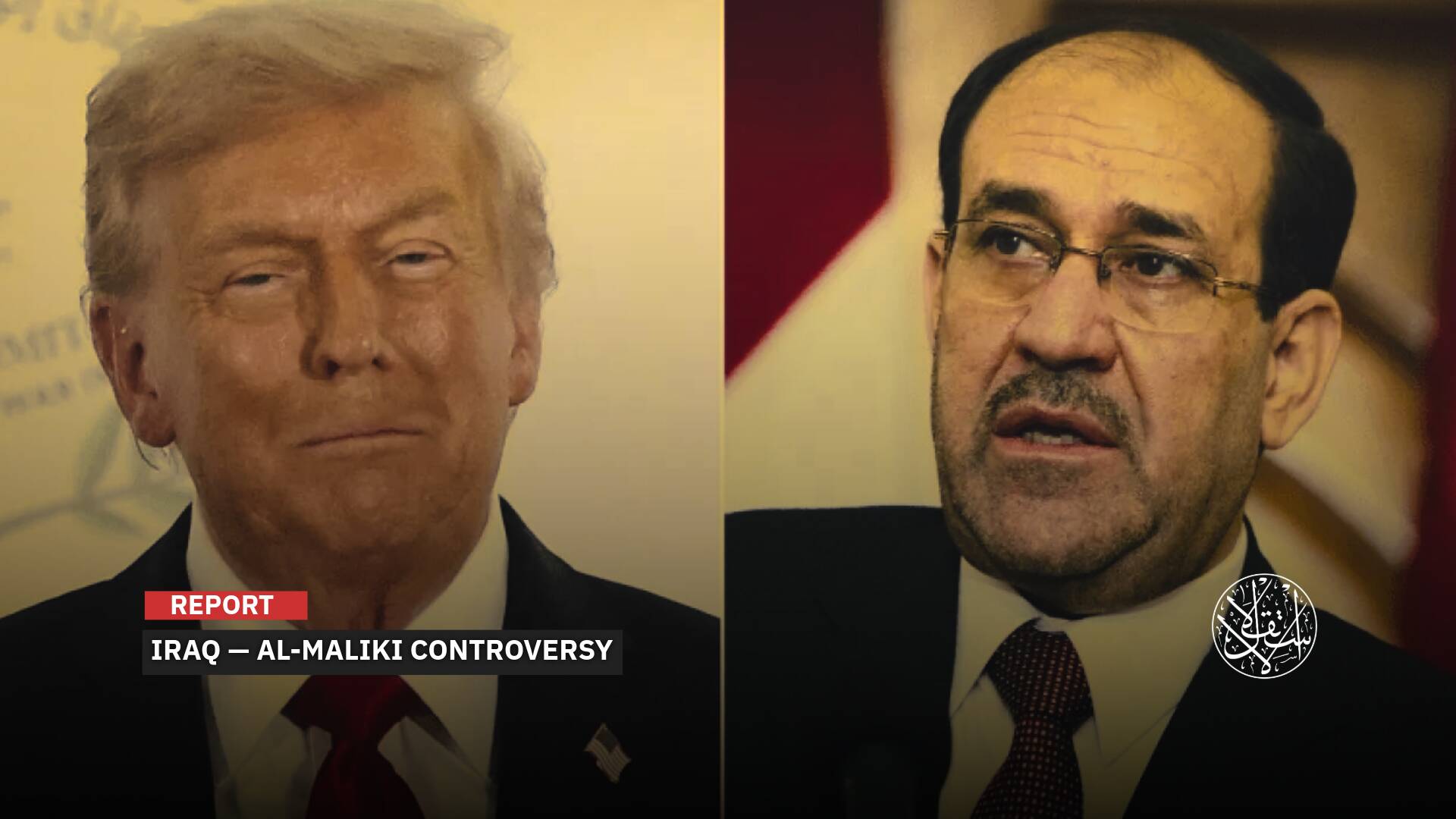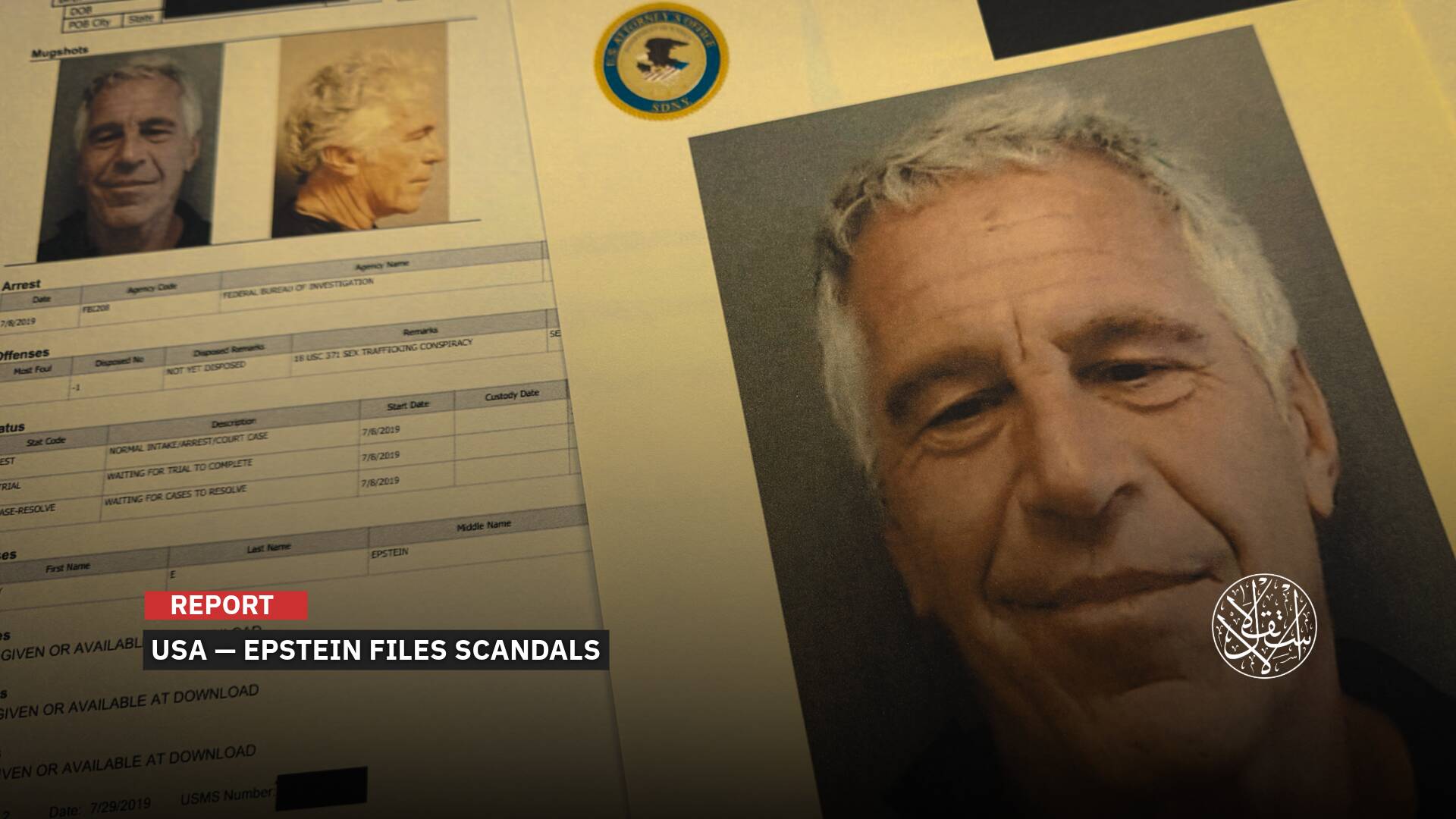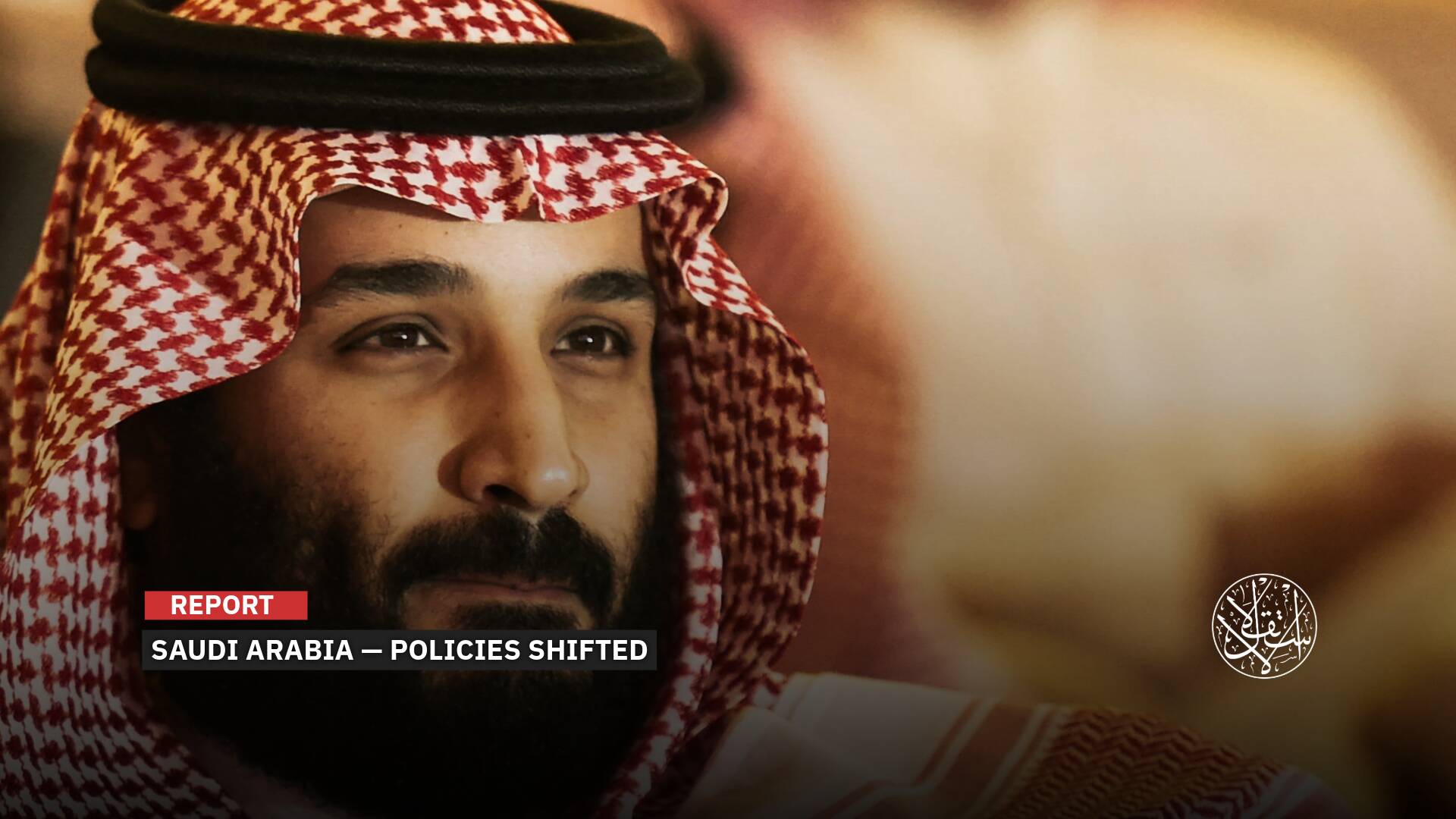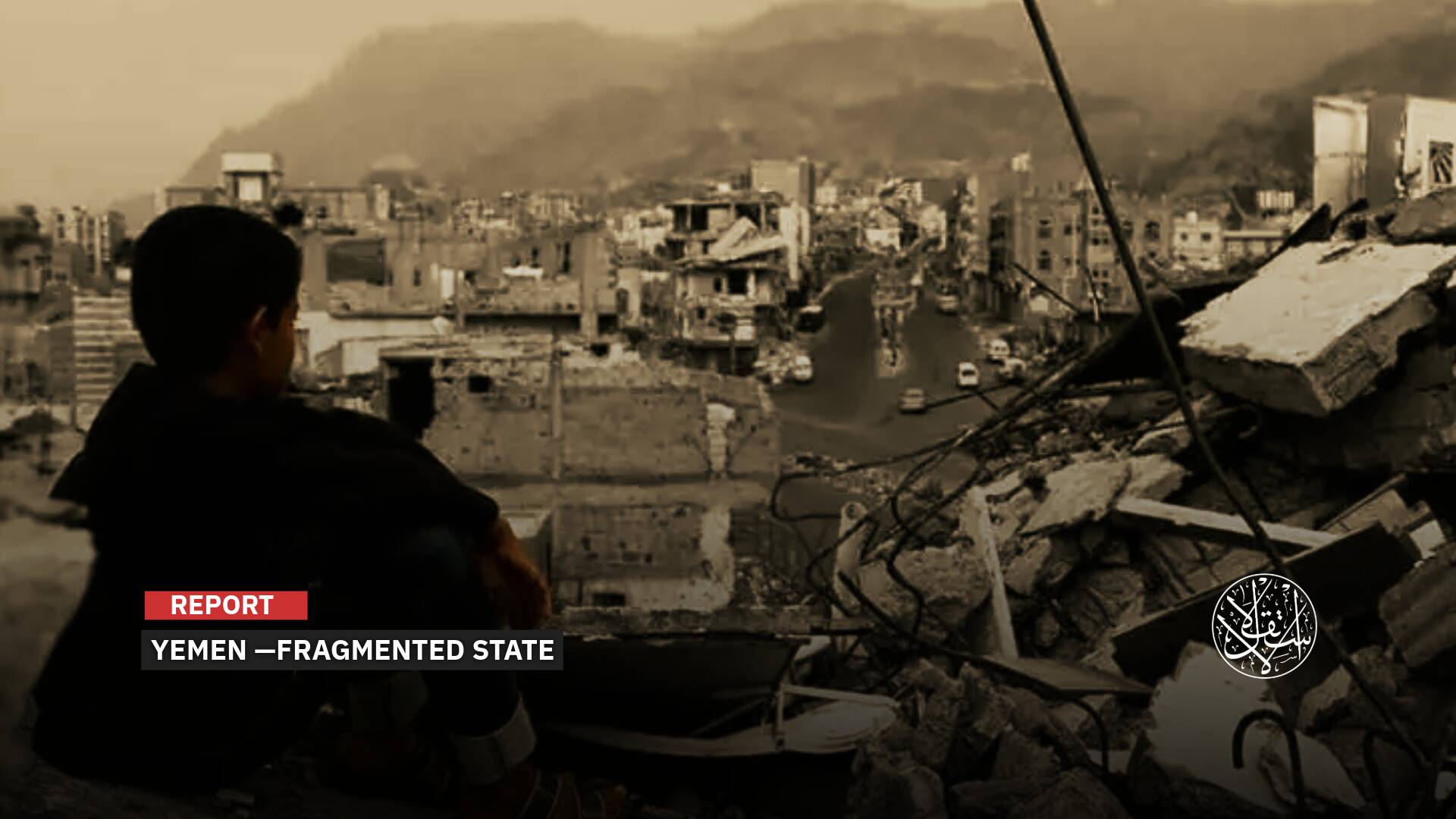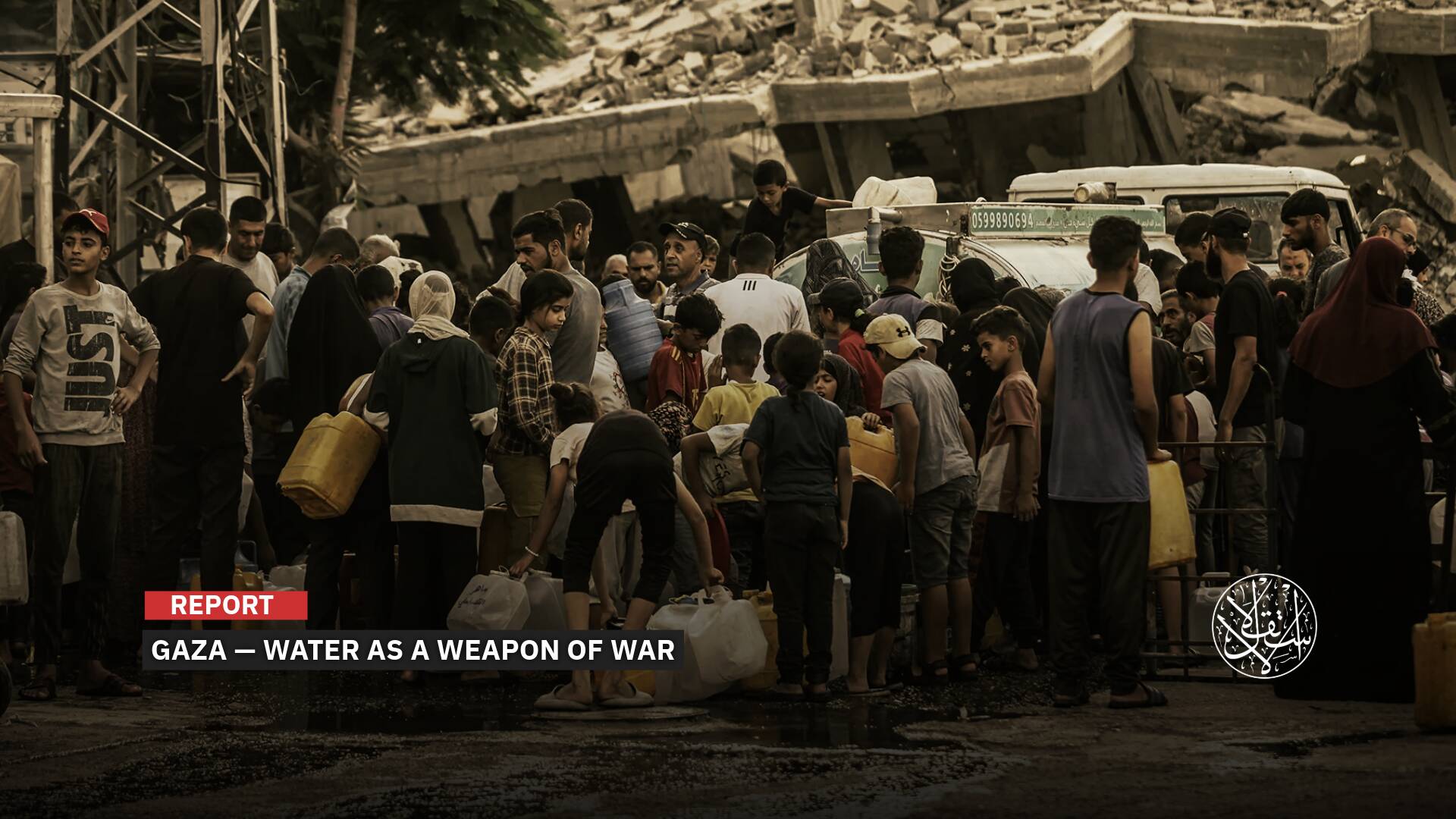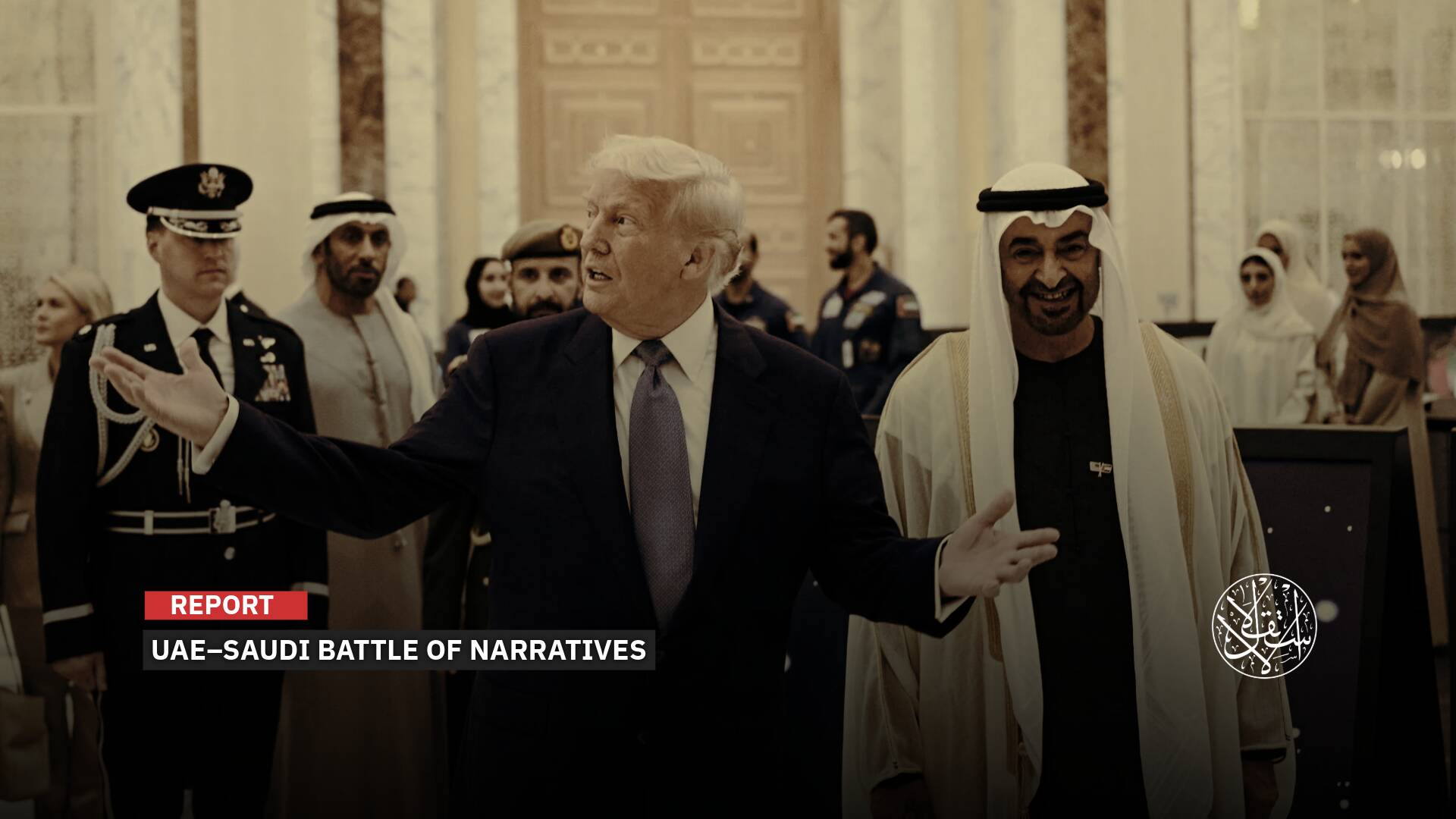Is Russia Preparing to Upgrade Its Special Military Operation to an All-Out War on Ukraine?

In the biggest escalation and the most dangerous development of the Ukrainian war, Russian President Vladimir Putin openly increased the possibilities of a nuclear conflict and approved a plan that could lead to the annexation of large areas of Ukraine, in addition to calling up about 300,000 reservists.
Russian measures would help Russia officially declare war on Ukraine after the Kremlin described the war as a special military operation, which was a constraint on mobilizing its internal resources for the war effort.
It is noteworthy that Putin's last speech came a day after Moscow announced plans to hold referendums to annex four Ukrainian regions to Russia, and after nearly seven months of war, in which Russia did not achieve its goals, in addition to its recent setbacks in the Kharkiv region, and its first loss of Ukrainian territory that it had seized at the beginning of the war.
Meanwhile, Western officials expressed concern about the dangerous Russian escalation and vowed not to recognize the results of the referendums, observers believe that Putin's latest decision will lead to more involvement in the Ukrainian quagmire, an expanding circle of battles, and the emergence of unexpected surprises.
Dangerous Escalation
After the recent defeats of his forces in eastern Ukraine, Russian President Vladimir Putin announced on September 21, 2022, that he had signed a decree on a partial mobilization of his country's army, and that the armed forces would call up only reservists.
The partial mobilization decision takes effect immediately, the first since the former Soviet Union was fighting Nazi Germany in World War II.
Putin said in a speech broadcast on Russian television that his goal is to liberate the Donbas region in eastern Ukraine, adding that most people in the region did not want to submit again to what he called Ukrainian slavery.
The Russian president also said that the West does not want a peaceful solution in Ukraine, and stressed Russia's determination to use all available means if its territory is threatened, saying: “We support the decisions of independence of the Ukrainian regions of Donbas, Zaporizhzhia, and Kherson.”
Following Putin's statements, Russian Defense Minister Sergei Shoigu came out and explained that 300,000 personnel are expected to be called up from the country's large reserve force, which has a strength of about 25 million people, noting that Moscow has huge resources.
It is noteworthy that Putin’s decision came after calls by the Russian right to declare military mobilization and mobilize the country’s resources, and to use more harsh methods, after Ukraine’s counter-attack in the Kharkiv region, according to a report by The Guardian on September 21, 2022.
“Putin’s decision represents a retreat from his efforts to keep the effects of military operations away from the Russian interior; therefore, Putin resorted to invoking the nationalist feelings of the Russians and their fears of the West and accused them of trying to destroy Russia,” the newspaper added.
Putin's statements also come a day after the Donetsk and Lugansk regions — which Putin recognized their independence only three days before the start of the attack on Ukraine — and Kherson and Zaporizhia regions announced that referendums would be held next week on whether to continue as independent states or join the Russian Federation.
The four regions that announced their plans for the referendum represent approximately 15% of the territory of Ukraine, the majority of the residents of these cities speak Russian, and many of them hold Russian citizenship. Over the past eight years, Moscow has repeatedly accused Kyiv of persecuting the inhabitants of those regions.
It is noteworthy that there is a consensus that the referendum move represents a crossroads in the war and will turn the special military operation in Ukraine into a defensive war in Russia, which may open the door to declaring all-out war or a nuclear strike; in this context, Putin's announcement of partial mobilization came immediately.
On his part, the academic and political analyst on Russian affairs, Dr. Mahmoud Al-Hamza, commented on the speech of Vladimir Putin and his announcement of partial mobilization in a statement to Al-Estiklal, saying: “I believe that the decision of the Russian president will lead to more involvement in the Ukrainian war, and the circle of battles may widen and unexpected surprises appear.”
“It seems that the presence of a significant shortage in the number of Russian forces, the expansion of the fighting fronts, the success of several Ukrainian counter-attacks, and the internal pressure on Putin are the main reasons that prompted Moscow to take stronger steps from the military point of view. Therefore, Putin announced a partial mobilization, called up 300,000 fighters from the reserves, and harnessed all the capabilities of the state to manufacture the necessary weapons,” he added.
Dr. Al-Hamza also pointed out that “the referendum that took place in the four separatist regions is a dangerous shift in the Ukrainian scene because it will result in the joining of those regions to Russia, which will lead to the expansion of the Russian borders to central Ukraine. After that, Russia will consider any attack on those four regions as an attack on the Russian state, complicating the war and turning it into an open war between two countries.”

All-Out War
It seems that Russian President Vladimir Putin is facing a major impasse in Ukraine, and he now prefers to go towards escalation, and perhaps to the brink of nuclear war, than that Russia be defeated in Ukraine, according to a report by CNN on September 21, 2022.
The report indicated that it is not clear what form the Russian escalation against Ukraine could take, noting that concerns about Russia's use of its nuclear stockpile in Ukraine had been raised since the beginning of the conflict last February.
“Given what is happening and what is about to happen, this week marks either the threshold of our imminent victory or the threshold of a nuclear war. I do not see a third option,” says Margarita Simonyan, editor-in-chief of state-owned RT and a member of a war lobby.
Speaking to the BBC's Today program on September 21, 2022, Sergei Markov, a former advisor to Vladimir Putin, threatened the United States and the UK with a nuclear attack, saying: “President Putin is not deceiving about the use of weapons of mass destruction.”
Unhinged former Putin advisor Sergei Markov threatens nuclear war against the UK in the first 30 seconds of his Radio 4 interview. pic.twitter.com/RGAGJfnwCG
— PoliticsJOE (@PoliticsJOE_UK) September 21, 2022
On its part, The Guardian on September 20, 2022, quoted Alexander Baunov, a Russian political analyst, as saying that “Moscow’s moves will either be in the direction of ending the war as soon as possible or blaming others and turning the Russian invasion of a neighboring country into a defensive war.”
“Moscow hopes that these measures will make the war more legitimate in the eyes of ordinary Russians,” he added.
In turn, British politician and member of the House of Commons, Tobias Ellwood, said in an article for the Telegraph on September 20, 2022: “The war in Ukraine has risen to a dangerous level, and the recent Ukrainian counter-attack has already insulted Putin.”
Ellwood concluded that “Putin could not afford to lose, and the West should expect him to continue to enhance his unconventional warfare tactics to make up for the poor performance of his forces on the ground.”

Weaknesses
International reactions followed the Russian President's announcement of the partial mobilization of the army to fight in Ukraine.
In the first Western comment on Putin's speech, British Foreign Secretary Gillian Keegan told Sky News that the Russian president's speech represented a worrying escalation, and the threats he made in it should be taken seriously.
In turn, a German government spokesman said that German Chancellor Olaf Scholz believes that the partial military mobilization announced by Russia is an indication that Moscow's attack on Ukraine was unsuccessful.
The European Commission has also said that Putin is not interested in peace and his decision proves that he is in desperation and is only seeking to escalate the crisis.
In turn, Polish Prime Minister Mateusz Morawiecki stressed that Russia is trying to destroy Ukraine and change its borders, and urged Western allies to provide more assistance to Kyiv.
Meanwhile, Lithuanian Defense Minister Arvydas Anusauskas said that his country has raised the level of readiness of the rapid reaction force in its army to prevent any provocations from the Russian side.
On her part, the US ambassador to Ukraine, Bridget Brink, said that the partial mobilization is an indicator of weakness, adding in a tweet she wrote: “Sham referendums and mobilization are signs of Russian weakness and failure.”
Sham referenda and mobilization are signs of weakness, of Russian failure. The United States will never recognize Russia's claim to purportedly annexed Ukrainian territory, and we will continue to stand with Ukraine for as long as it takes.
— Ambassador Bridget A. Brink (@USAmbKyiv) September 21, 2022
In an interview with ABC News, US National Security Council spokesman John Kirby said the United States takes Putin's threat to use nuclear weapons seriously, declaring that he should expect dire consequences if he does so.
Also, NATO Secretary General Jens Stoltenberg said that Putin's threat to resort to nuclear weapons is a dangerous and reckless statement, considering that Putin's recent steps have made it clear that the war is not going according to his plans.
Stoltenberg added, in a statement to Reuters, that Russia's first mobilization in the army since World War II is not a surprise, but it will intensify the conflict that began with Russia's invasion of Ukraine on February 24.
In contrast, Ukrainian President Volodymyr Zelensky warned that he should not be alarmed by Putin's threats, as this would encourage him to try to seize more territory.
“I don't think Putin will use nuclear weapons and I don't think the world will allow him to use them,” Zelensky told Germany's Bild TV.
Ukrainian presidential advisor Oleksiy Aristovich explained the Kremlin's move as meaning that there were heavy losses that forced Russia to take this measure, adding that more than 100,000 Russian soldiers were dead or wounded.
On the other hand, China commented on the Russian decision to call for a cease-fire through dialogue and consultation and find a solution that takes into account the legitimate security concerns of all parties as soon as possible.

According to analysts, the most dangerous thing about declaring a partial military mobilization in Russia is the possibility that positive results of this decision will not appear, or that a western Ukrainian escalation may lead to other Russian setbacks.
Calling up the reserves is Putin's penultimate military card in the Ukrainian war, and if it is useless or does not lead to a war resolution, it may open the door to the last card, which is nuclear weapons.
Russia's many threats to use nuclear weapons make some in the West rule out this option, but the situation may change as the embarrassment of the Ukrainian war on Putin continues.
Sources
- Russia announces immediate ‘partial mobilization’ of citizens, escalating its invasion of Ukraine
- Putin announces partial mobilization and threatens nuclear retaliation in escalation of Ukraine war
- Putin cannot afford to lose: we must prepare for the war to turn even uglier
- Is Vladimir Putin happy to risk nuclear war to avoid admitting defeat?
- Reaction to Russia mobilizing more troops for Ukraine
- World reacts to Putin’s partial mobilization plans in Ukraine war


